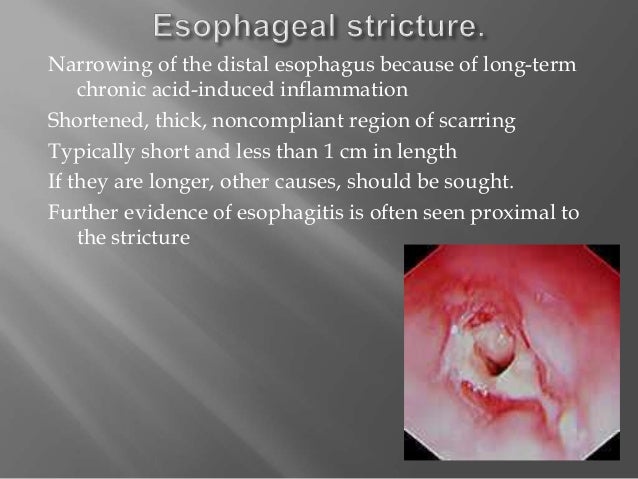Gastroesophageal reflux disease, or gerd, is a condition in which stomach acid backs up in a person's esophagus because the esophagus is not meant to handle corrosive substances, it causes a number of unpleasant symptoms these can include heartburn, reflux of the stomach contents into the throat, nausea, vomiting, and thick phlegm in the throat. Gerd cause mucus. Acid reflux can also cause a post-nasal drip, which may be related to sinusitis or inflammation of the sinuses mucus accumulation in the throat is a common symptom of acid reflux once acidic digestive juices move upward, they can cause swelling in the throat, forming a "shelf" on which mucus accumulates.
gerd cause mucus
Some patients even complain of hoarseness and wheezing phlegm is an associated complaint, not seen in all patients the key trigger of acid reflux phlegm is the extreme acidity of the regurgitated fluid treatment for acid reflux phlegm medications for laryngitis and cough will not cure phlegm related to acid reflux. Acid reflux phlegm stuck in throat. this is because the acid reflux causes inflammation and the body tries to create more mucus to help protect the throat and this can lead to phlegm build up. the best way to prevent this is to stop the acid reflux through a low acid diet like the wipeout diet. relationship between gerd and sinusitis. Mucus protects your respiratory system with lubrication and filtration. but sometimes, your body produces too much mucus, which requires frequent throat clearing. learn what causes excess mucus.
